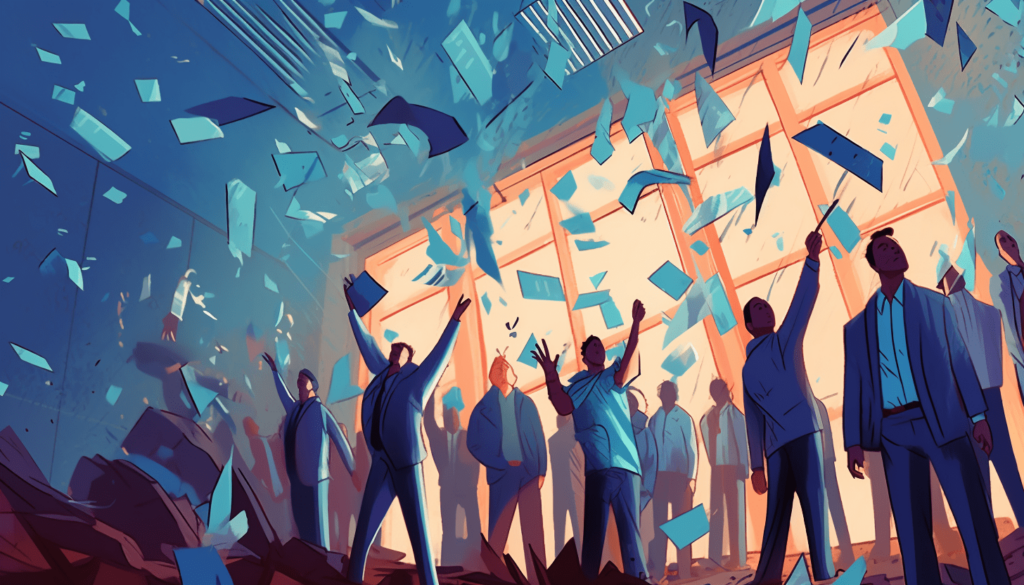
The growing non-fungible token (NFT) movement has inundated various industries with fresh opportunities, and the music sector is no exception. As digital assets take center stage, musicians and artists look to leverage new token standards like ERC721a to initiate innovative approaches for distributing their creations and connecting with audiences. This article will discuss the potential impact of ERC721a on the music industry, shedding light on how this novel token standard can reshape the terrain of music creation, consumption, and monetization for artists and fans alike.
ERC721a and Its Relevance to the Music Industry
Building upon the groundbreaking ERC721 standard, ERC721a offers several optimizations and improvements for minting and trading NFTs. While the music industry is no stranger to the world of NFTs, the introduction of ERC721a tokens has the potential to enhance the way musicians and artists collaborate, distribute, and manage their digital works. Key ERC721a features that are particularly relevant to the music industry include:
- Reduced gas costs: One of the main concerns for artists venturing into NFTs has been the sometimes prohibitive cost of minting and transferring tokens on the Ethereum network. With optimized smart contract functions, ERC721a reduces gas fees, making it more affordable for musicians to create and sell their digital art and collectibles.
- Batch minting and transfers: ERC721a supports batch minting and transfers, enabling artists to simultaneously mint and transfer multiple tokens. This capability can be especially useful in the music industry, where tokens representing various components of a musical work, such as individual tracks or album covers, can be minted and traded in a more streamlined manner.
- Fractional ownership: While not a unique feature of ERC721a, the reduced gas costs offered by this token standard make fractional ownership models more accessible. This approach allows musicians to extend the value of their creations by selling and trading fractions of their works. Through fractional ownership, artists can monetize their music more effectively while offering fans a chance to own a share of their favorite art pieces.
Potential Applications of ERC721a in the Music Industry

The ERC721a token standard offers several avenues for musicians, artists, and labels to utilize digital assets in innovative ways:
- Digital collectibles: Musicians can create digital collectibles related to their music or persona, utilizing the ERC721a standard to mint unique tokens that represent these assets. These collectibles could include signed album covers, virtual merchandise, or one-of-a-kind artwork inspired by their music.
- Crowdfunding and artist revenue sharing: ERC721a NFTs can facilitate crowdfunding for music projects, allowing fans to invest directly in an artist’s work. Through fractional ownership, musicians can share a percentage of revenue generated by their NFT sales or royalty streams, forging stronger connections with their audience while distributing financial rewards to supporters.
- Unlocking exclusive experiences: Artists can leverage the programmable nature of ERC721a tokens to offer unique experiences to their fans. For example, token holders could gain exclusive access to unreleased music, virtual meet-and-greets, or limited-edition merchandise. By associating privileges with NFTs, musicians can deepen fan engagement while simultaneously expanding their monetization possibilities.
Embracing the Innovations of ERC721a in the Music Industry
The music industry has always been a hotbed for innovation, and the advent of NFTs and token standards like ERC721a only enhances its potential for creative disruption. By understanding the merits of ERC721a in relation to music creation, distribution, and fan engagement, musicians and industry stakeholders can effectively navigate this new landscape, tapping into opportunities for growth and success in an ever-evolving digital world.
Unlocking the Potential of ERC721a in the Music Industry

As the worlds of digital assets and music continue to merge, it’s essential for musicians, artists, and industry stakeholders to stay informed about the potential offered by emerging technologies like ERC721a. By embracing the opportunities brought forth by this novel token standard, the music industry can evolve to cater to the ever-changing demands of creators and fans alike, all while rewriting the rules for how music is created, distributed, and consumed in the digital age.